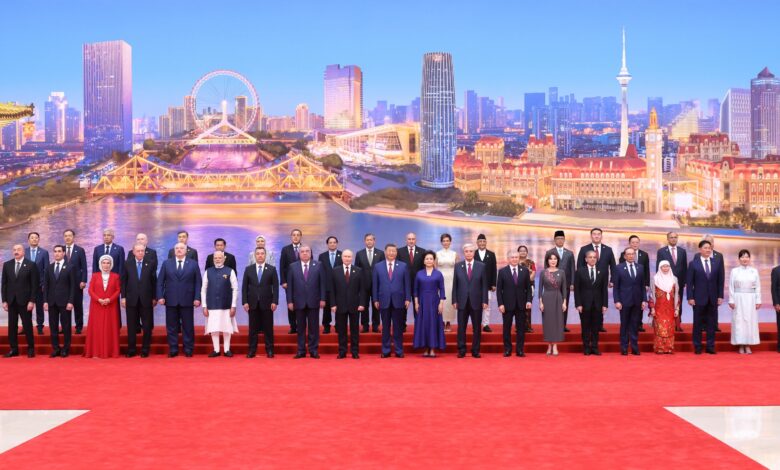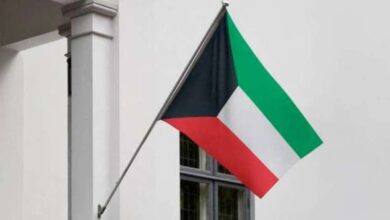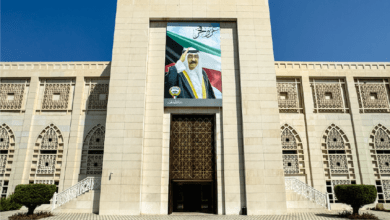Xi, Putin, Modi project Eurasian solidarity at SCO Summit 2025
India’s Prime Minister Modi met Chinese President Xi Jinping on Sunday. Both leaders agreed that India and China should be “partners, not rivals,” with Xi emphasizing that ties could be “stable and far-reaching” if cooperation outweighed competition. The thaw comes after years of strained relations following deadly 2020 border clashes.

Chinese President Xi Jinping hosted the Shanghai Cooperation Organization (SCO) summit in Tianjin, where he joined Russian President Vladimir Putin and Indian Prime Minister Narendra Modi in a strong show of solidarity among major Eurasian powers amid rising tensions with the United States.
Xi opened the final day of the summit by calling for a new global security and economic order, rejecting hegemonism and “Cold War mentality.”
He urged SCO members to strengthen trade, resist external interference, and promote what he described as a “correct” view of World War Two history ahead of China’s upcoming Victory Day parade.
Putin, addressing leaders from across Eurasia, defended Russia’s actions in Ukraine. He blamed the West for provoking the conflict through NATO expansion and reiterated that “no country can ensure its security at the expense of another.”
He added that progress made at his August summit with U.S. President Donald Trump in Alaska could help advance peace, while praising China and India for their proposals on resolving the crisis, according to Reuters.

India’s Prime Minister Modi, attending his first China visit in seven years, met Xi on Sunday. Both leaders agreed that India and China should be “partners, not rivals,” with Xi emphasizing that ties could be “stable and far-reaching” if cooperation outweighed competition. The thaw comes after years of strained relations following deadly 2020 border clashes.
Russia, meanwhile, is seeking to reverse a slowdown in trade with China. Bilateral trade had reached a record $245 billion in 2024, driven by energy and commodity flows, but has since dipped by over 8% this year due to weaker demand.
The SCO summit, the largest in the group’s history, gathered more than 20 world leaders, including Turkey’s President Tayyip Erdogan, Iran’s President Masoud Pezeshkian, UN Secretary-General Antonio Guterres, Pakistan’s Prime Minister Shehbaz Sharif, and several Central Asian and Global South leaders.
Belarus, which joined as a full member in 2024, participated alongside Iran for the first time as part of the bloc’s expanded format. With 10 members, two observer states, and 14 dialogue partners, the SCO is positioning itself as a counterweight to Western alliances.
Xi pledged to work with partners to take the SCO to a “new level” of security cooperation. Analysts noted that while the bloc has often lacked concrete policy outcomes, this year’s gathering underscores its growing appeal to Global South nations seeking alternatives to U.S.-led institutions.
The summit also carries powerful symbolic weight, with Modi, Putin, and Xi seen exchanging warm gestures despite their individual tensions with Washington.
Experts say Beijing is using the forum to showcase what a post-American world order might look like.
Meanwhile, news agencies reported, the SCO meeting comes just days before China’s massive military parade in Beijing on September 3, marking the 80th anniversary of the end of World War Two. North Korea’s Kim Jong Un is expected to attend, adding another layer of geopolitical significance.
The SCO summit brought together leaders from ten permanent member states, including India, Russia, Pakistan, and Iran. It is the largest SCO gathering so far, with 20 foreign leaders and 10 heads of international organizations, including UN Secretary-General Antonio Guterres, attending.
On the sidelines of the summit, Modi met Russian President Vladimir Putin to discuss bilateral cooperation. Their meeting drew significant attention, given Washington’s imposition of 50% tariffs on Indian goods in August. The U.S. move was seen as a penalty for India’s continued energy ties with Moscow, further straining Indo-American trade relations.
In a notable development, Modi also held a bilateral meeting with Chinese President Xi Jinping. Both leaders pledged to address longstanding border disputes and strengthen cooperation. This dialogue was particularly important as it was Modi’s first meeting with Xi since the deadly border clashes in 2020.
During their talks, Modi noted that relations with China had moved in “a meaningful direction,” citing the peaceful environment at the borders after disengagement.
Xi expressed optimism that the Tianjin meeting would “elevate” bilateral ties and promote stability.
The Indian Prime Minister also met Maldivian President Mohamed Muizzu. Modi highlighted India’s developmental cooperation with the island nation, underlining how such collaboration benefits citizens of both countries.
The SCO summit itself saw strong messaging against terrorism. In a joint statement, member states condemned the April 2025 Pahalgam terror attack and called for the perpetrators and sponsors to be brought to justice. The statement, echoing Modi’s earlier remarks, stressed that “double standards in the fight against terrorism” are unacceptable.
The Prime Minister also underscored that connectivity projects must respect sovereignty and territorial integrity, a veiled reference to China’s Belt and Road Initiative. He cited India’s initiatives like the Chabahar Port and the International North-South Transport Corridor, which he said would boost trust, trade, and development across Central Asia.
Follow The Times Kuwait on X, Instagram and Facebook for the latest news updates












